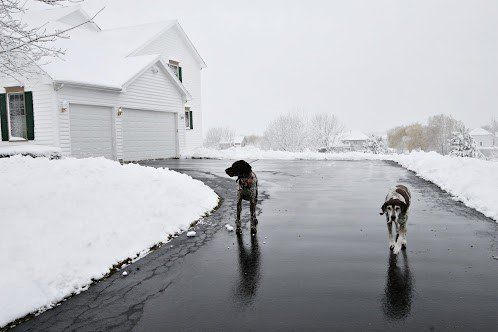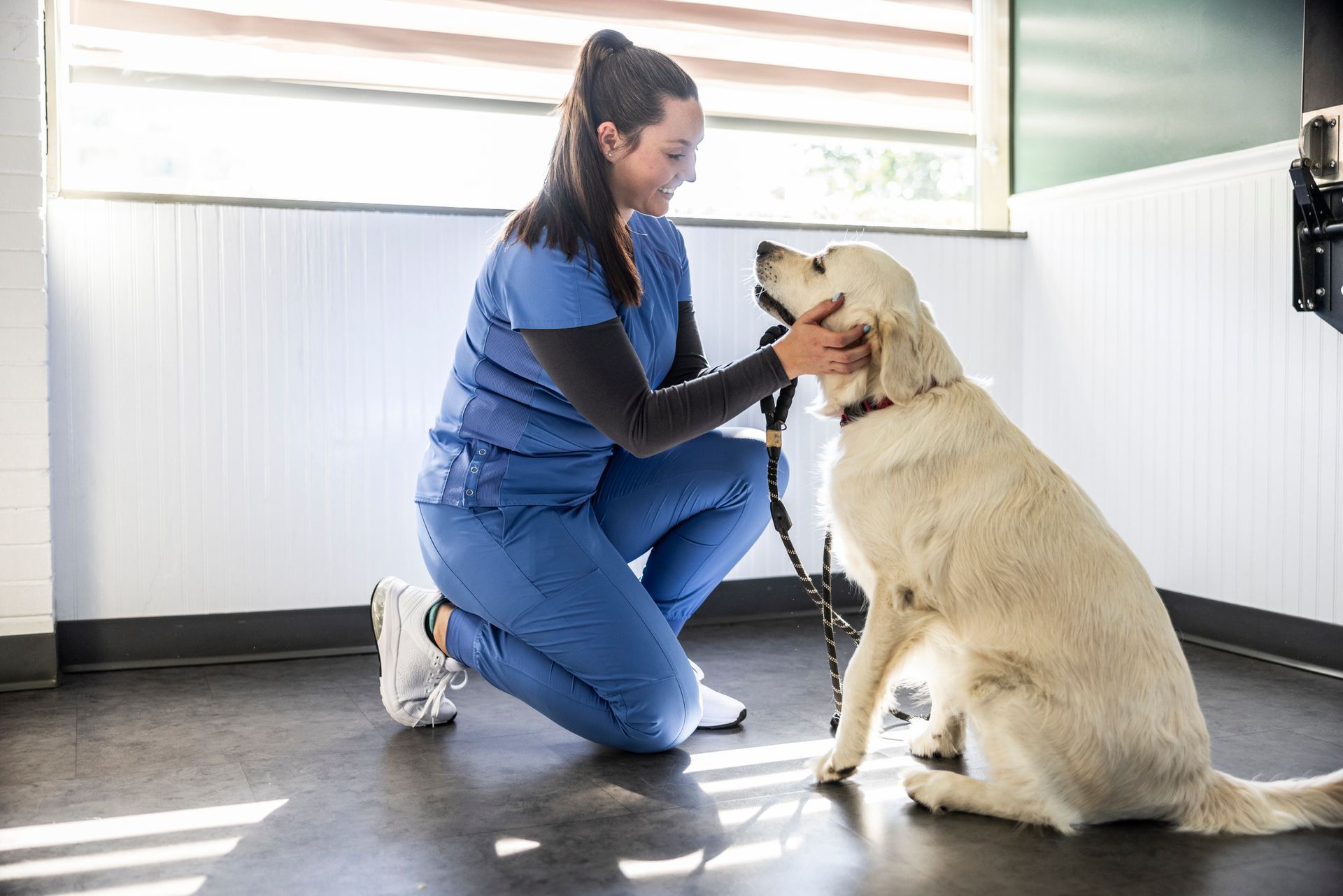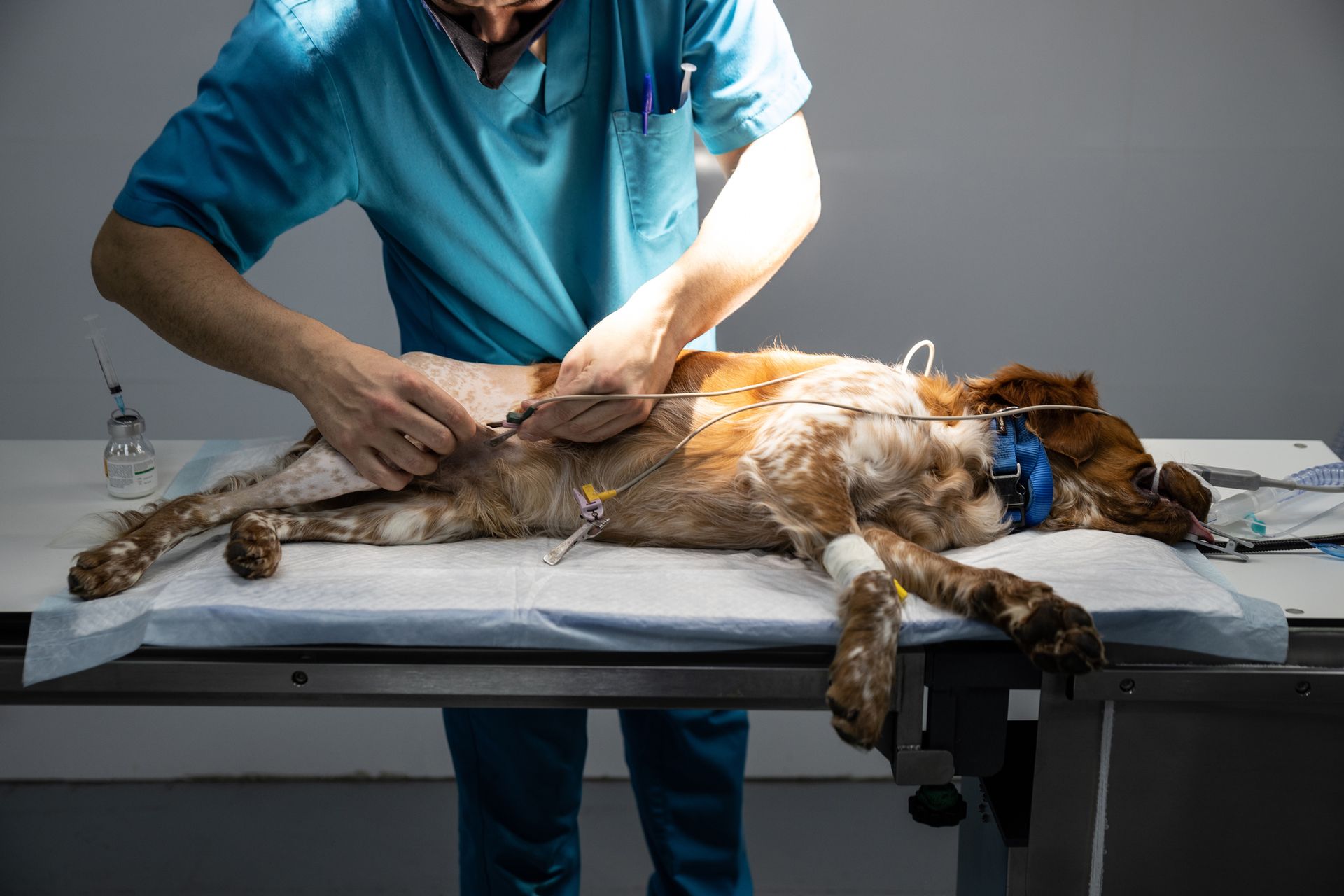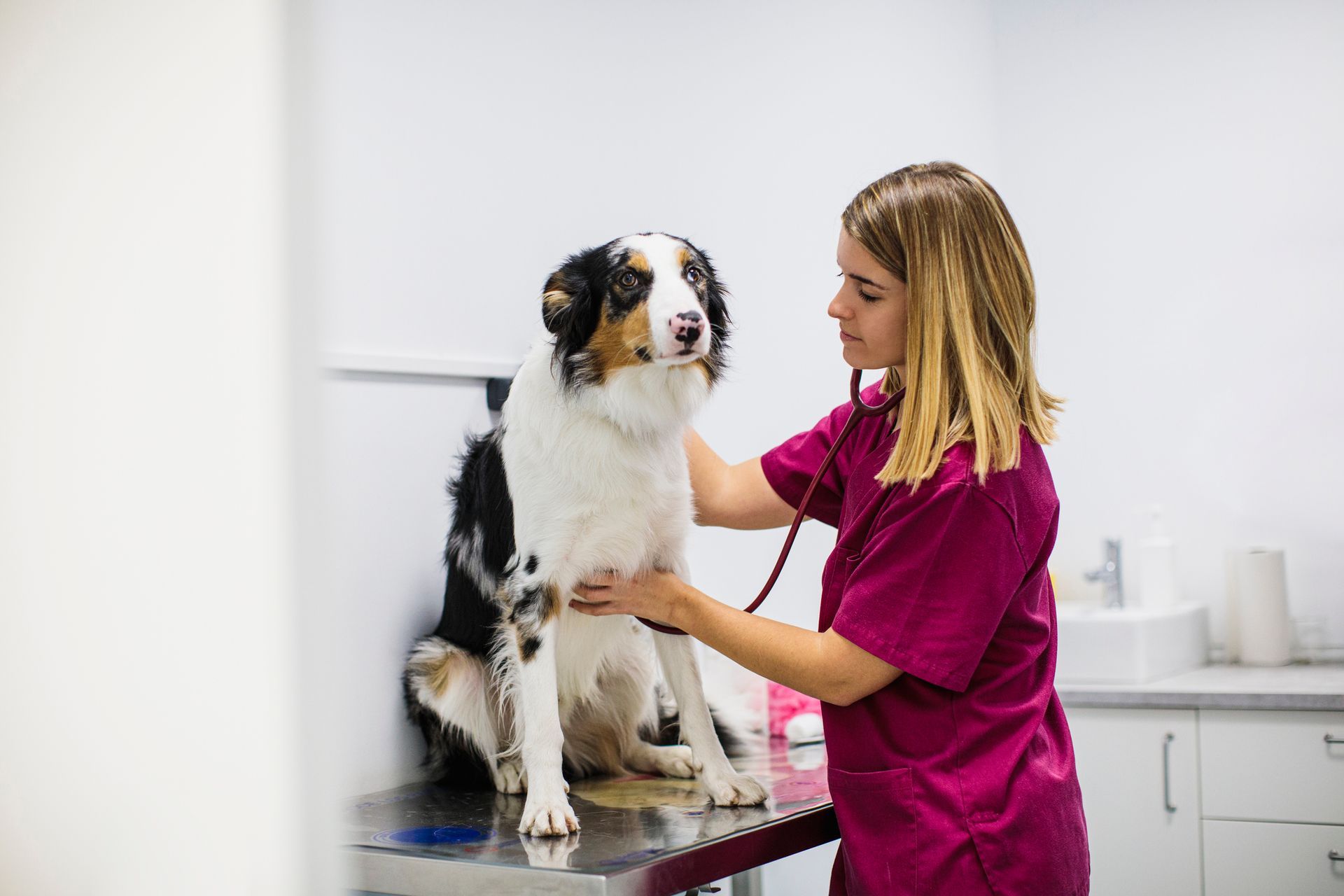4 Pet Dog Emergencies Caused By Winter Ice

Winter weather brings a lot of changes to outdoor conditions — including the presence of ice. When dogs need to go outside during the winter, ice could present a serious danger to them. Dogs can suffer from multiple injuries when exposed to the ice. Pet owners should be aware of the possible injuries and signs of problems.
In many cases, you may need to take your dog to an emergency veterinarian due to the injuries. Check out some of the most common problems caused by ice and what can happen to your dog when they spend extended time exposed to the ice.
1. Injured Paw Pads
The paw pads on your dogs are essential for comfort and cushion when they walk both indoors and outdoors. Cold weather can have several impacts on the paw pads. The pads can dry out, tear, and crack due to extreme cold. When you add ice to the mix, problems can worsen.
For example, a paw pad could get stuck directly to ice. When a dog tries to pull their paw away, the skin could peel off and expose a sensitive area underneath the paw pad. When an injury like this occurs, you should seek two goals for your dog. The first is pain relief and the second is infection prevention.
The damaged skin can expose a dog to external bacteria and may result in an infection. If your dog has an injured paw pad, a vet can treat the wound itself and also give your dog antibiotics to prevent the onset of infection. For some of the bigger cuts with excessive bleeding, a vet may treat the paw with stitches.
Ideally, you want to put paw protectors on your dog during icy conditions. The protectors will limit the exposure to the ice and give a dog extra grip in slippery conditions.
2. Muscle Tears
The slippery conditions on ice can create all kinds of problems. When a dog does not have a good grip on the ice, its legs may slip out from underneath them and cause strain to the muscles. If the motion is too fast or extreme, then the muscle could tear. At the initial point of the tear, you may hear a loud whine or yelp from the dog.
If you missed the tear itself, you may notice the dog limps or doesn't put much weight on a specific leg. For minor tears and injuries, a vet will likely prescribe a pain medication to help ease pain and reduce swelling. Your dog may require an emergency treatment option if the pain is severe enough.
After an initial evaluation, a vet may order scans like an X-Ray or MRI to better evaluate where the injury occurred. If the muscle tear is severe, then a vet may recommend surgery for your dog to repair the muscle. Without surgery, your dog's mobility and quality of life could be drastically different.
3. Throat Injuries
Dogs love to chew. The same way they like to chew bones, you may find a dog chewing ice chunks, hard snow, or icicles that hang low or have fallen. Shards of ice can be as strong as glass. Even if a dog chews pieces of ice and they melt, the ice itself could cause damage to a dog's throat. A scratched throat could cause pain when a dog swallows and impact its diet.
In some extreme cases, pieces of ice may create a complete hole known as a tracheal perforation. This could impact the way a dog breathes and would often require emergency treatment to see what options there are to heal the hole and ensure the dog can breathe properly.
4. Frostbite
If your dog spends an extended time outside and is exposed to ice, one of the biggest issues to worry about is frostbite. Frostbite occurs when the extreme cold kills off tissues in dogs. At first, signs of frostbite are hard to notice, but you should be on the lookout for black skin, blisters, or ulcers.
A vet will treat the affected areas and try to heal the dog. In many cases, pain relief and antibiotics are the best options. If the frostbite occurs in an important area like the paw, then a dog may express pain or constantly lick the area. Your dog will require swift treatment to prevent the spread of infection and a possible loss of paw.
A vet may order blood labs for your dog to check for several side effects and ailments caused by the frostbite and extended exposure to the cold.
For more information on emergency vet treatments, contact us at South Seattle Veterinary Hospital. We will help treat your dog and have a full crew of professionals ready to handle any emergency issues associated with the ice. Call ahead of time to see what steps you should take as you head to us for a visit.










